
As already said, cyclists have been warned that the saddle can reduce their sperm count, and a precursor to the study above was the study back from late 1990ties that was conducted by Dr Irwin Goldstein who is an impotence specialist at Boston University, which suggested that the saddle related soreness was pretty much a precursor to infertility. The study that was conducted by Professor Diana Vaamonde did not came from cyclists only, but from 15 elite male triathlon athletes. The triathlon does involve cycling, but it also includes lots or running and swimming. I believe it is essential to bring out that triathlon is one of the most enduring and exhausting sports and that the study alone suggests that the major cause of misshapen sperm does not come from cycling itself, but from the volume and intensity of exercise.
So, when the study was published, the cycling studies, the links to Lycra and the temperature of the testicles came up again. Dr Allan Pacey, a senior lecturer in andrology at the University of Sheffield says there is no solid scientific data that suggests that cycling, especially cycling in close-fitting garments can cause male infertility. A link between irritation and compression caused by friction of the testes against the saddle, or tight clothing, which raises the temperature around the testes remains just a speculation, even in Professor Diana Vaamonde's study.


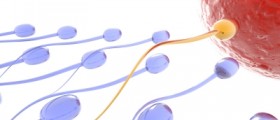

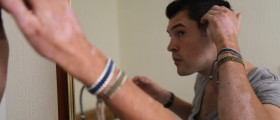
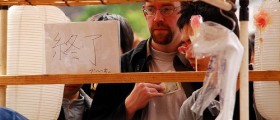
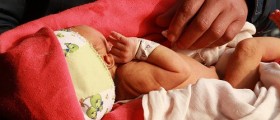
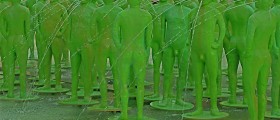





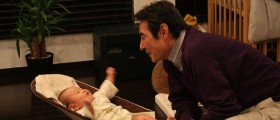



Your thoughts on this
Loading...